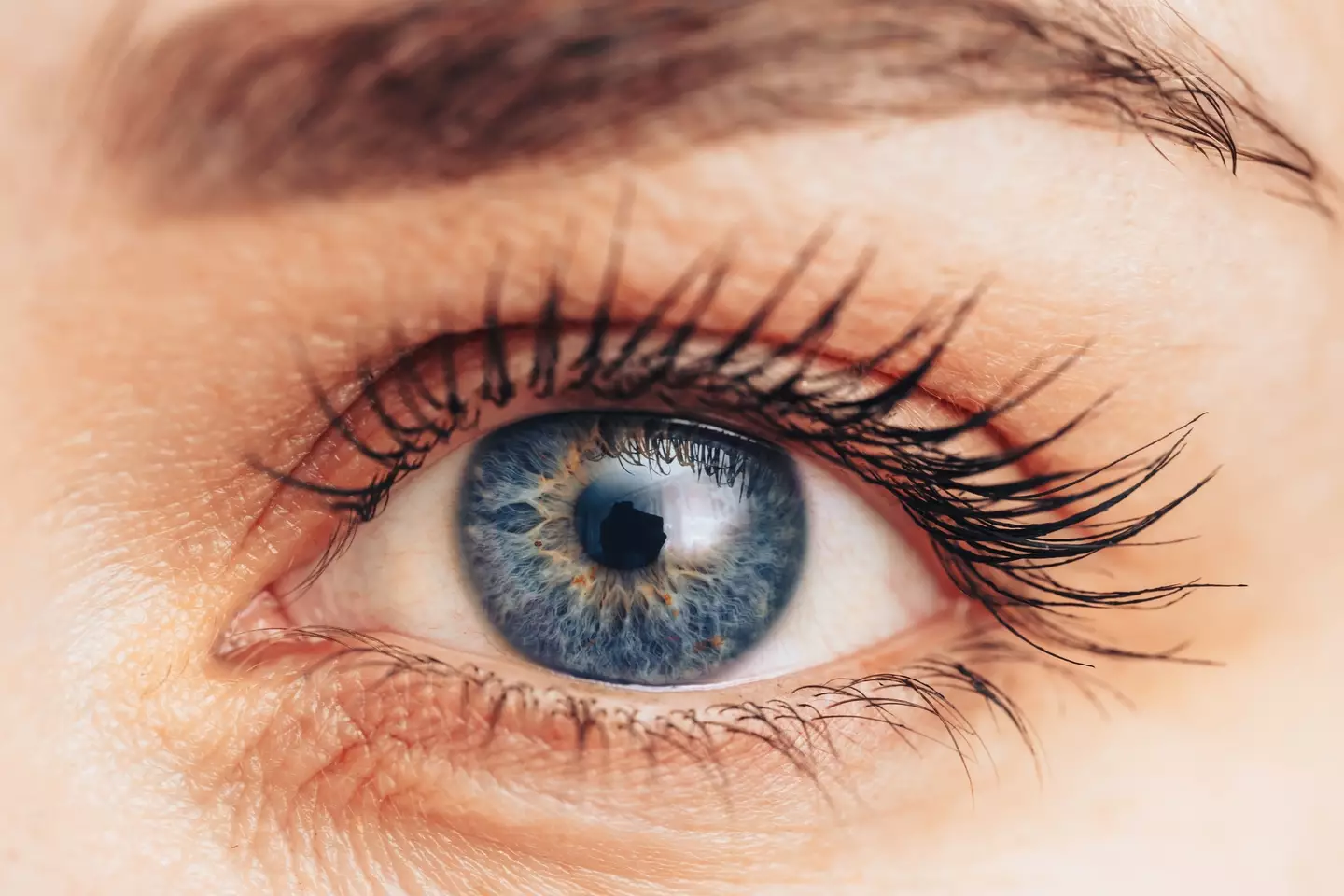Ever wondered if there's an undercover Patrick Bateman in your life?
Well, it turns out that they may be displaying the behaviours right under your nose without you knowing.
While mental health experts have previously explained several signs to look out for, it might be far simpler than we initially thought.
Diagnosed psychopaths have also shared their experiences in that mindset, though they may differ, depending on the individual.
Known medically as antisocial personality disorder (ASPD), statistics from Mind suggest that three in 100 people are effected by the condition throughout their lifetime.
According to researchers from Cardiff and Swansea universities though, it turns out that it's as easy as looking into their eyes, with the help of stimuli.
The answer is literally right in front of you (Getty Stock Image) It's all in the psychopath's eyes
The 2018 study involved people's reactions to photos considered 'nasty', with these graphic snaps including mutilated bodies and threatening dogs.
Participants included those that were considered psychopathic, with others that weren't.
When observing the eyes of psychopaths when seeing these disturbing pictures, they found that their 'unusual' reaction was that their pupils did not enlarge.
Non-psychopathic participants' pupils dilated when seeing these off images, which is considered the natural response.
Why are the pupils significant?
Dan Burley, the lead author from from Cardiff University’s School of Psychology, explained: “Our findings provide physical evidence of an emotional deficit common to psychopathic offenders.
“The pupil has long been known to be an indicator of a person’s arousal.
“The pupil usually dilates when an image shocks or scares us.
“The fact that this normal physiological response to threat is reduced in psychopathic offenders provides us with an obvious physical marker for this condition."
Eyes never lie, according to the researchers (Getty Stock Image) What about positive images?
This look is coined as the 'psychopathic stare', and it is observed as a withdrawn response when seeing something that most would consider concerning or alarming.
In addition to this, the study found that psychopaths' pupils did dilate - when they looked at positive images, similar to non-psychopaths.
This baffling discovery suggests that psychopathy may not be linked directly with a difficulty in emotional perception, but a certain reaction to threatening information.
Expert opinions on psychopathy
A supervisor of the study, Professor Robert Snowden from Cardiff University, noted that while psychopaths can 'appear to be bold' and even 'act in a cold-blooded manner', it's easy to do so when you have no feeling of fear.
"And to be cold-blooded if there is no emotion to get in the way of the act,” he pointed out.
Professor Nicola Gray was a clinical supervisor on the project, and the clinical and forensic psychologist from Swansea University noted: "This is one of the first times we have objective, physiological evidence of an emotional deficit underpinning the offending behavior of psychopathic offenders that does not depend on invasive methods or expensive equipment."
If someone's reaction to a negative photo seems off, it could signal psychopathy according to Burley (Getty Stock Image) Professor Gray hoped that their discovery means that their methodology could be developed to help with clinical assessment when trying to identify psychopaths.
While you may consider certain serial killers or criminals to be psychopaths, the crux of it is that you can't be diagnosed as one.
Differences between ASPD and psychopathy
It has come to light in recent years that ASPD displays similar characteristics to psychopathy, though it should be noted that these two are different to one another.
ASPD is 'characterised by impulsive, irresponsible and often criminal behaviour', the NHS explains, adding that they can be 'manipulative, deceitful and reckless', without a care for others' feelings.
Psychopathy on the other hand, sums up particular behaviours, with similar signs of ASPD.

 Joshua Nair
Joshua Nair

